
Similar outcomes were noted when linvoseltamab and teclistamab were analyzed as treatments for patients with relapsed/refractory multiple myeloma.

Your AI-Trained Oncology Knowledge Connection!


Similar outcomes were noted when linvoseltamab and teclistamab were analyzed as treatments for patients with relapsed/refractory multiple myeloma.

Data suggest that those with relapsed/refractory multiple myeloma and poor functional status may benefit from talquetamab without increased toxicity.

Updated MARIPOSA results found improves progression-free survival in patients with high-risk EGFR-mutant advanced non-small cell lung cancer when treated with amivantimab/lazertinib.

Brentuximab vedotin led to unprecedented progression-free survival for patients with classical Hodgkin lymphoma.

Access to fertility preservation may help mitigate toxicity associated with chemotherapy and other agents in those with breast cancer.
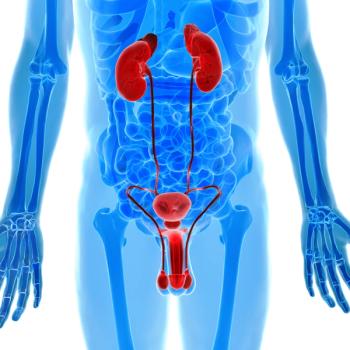
Additional education on tumor testing and PARP inhibitor therapy is warranted for patients with metastatic castration-resistant prostate cancer, according to Neal Shore, MD, FACS.
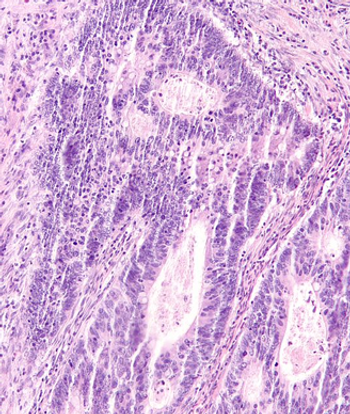
Real-world data may elucidate the characteristics and factors that influence long-term remission with regorafenib among patients with metastatic colorectal cancer.

Treatment with NX-2127 leads to clinically meaningful activity in heavily pretreated chronic lymphocytic leukemia, according to results from the phase 1 NX-2127-001 trial.

Combining ribociclib with nonsteroidal aromatase inhibitor treatment also produces relapse-free survival and distant disease-free survival benefits in patients with HR-positive, HER2-negative early-stage breast cancer.

Investigators observe no new safety signals with trastuzumab emtansine as a treatment for HER2-positive breast cancer after 8 years of follow-up in the phase 3 KATHERINE study.
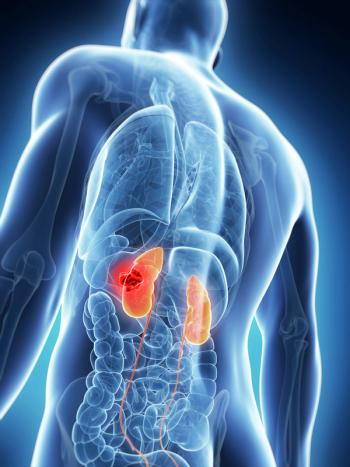
Belzutifan vs everolimus saw increased progression-free survival and objective response rate in patients with pretreated advanced clear cell renal cell carcinoma.

Investigators identify only 1 death related to treatment with acalabrutinib among older, frail patients with chronic lymphocytic leukemia in the phase 2 CLL-FRAIL trial.

Cabozantinib plus nivolumab and ipilimumab appears to improve progression-free survival vs cabozantinib alone among patients with metastatic soft-tissue sarcoma in a phase 2 trial.

Data from a phase 3 study indicate that weight loss intervention with a telephone-based program appears to be effective across all subgroups of breast cancer survivors.

Treatment with 177Lu-PSMA-617 results in similar survival benefit regardless of when it was administered after radium-223 in patients with metastatic castration-resistant prostate cancer, according to an expert from University Hospital of Münster in Germany.
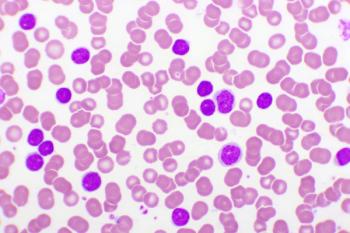
The average time to next treatment among patients with chronic lymphocytic leukemia occurred faster in those treated with acalabrutinib vs ibrutinib.

Two-year follow-up data from the MAGNOLIA trial showed that zanubrutinib continues to elicit responses in patients with relapsed/refractory marginal zone lymphoma.
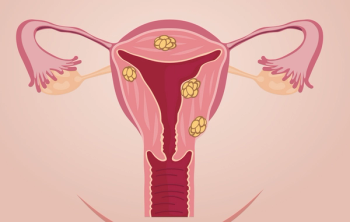
Findings from an updated safety and efficacy analysis of the phase 3 KEYNOTE-775 trial were consistent with the primary analysis and highlighted notable improvements in outcomes among patients with advanced endometrial cancer treated with lenvatinib and pembrolizumab vs physician’s choice.

The addition of tiragolumab to atezolizumab plus carboplatin and etoposide did not yield improved overall survival or progression-free survival rates in patients with extensive-stage small cell lung cancer.
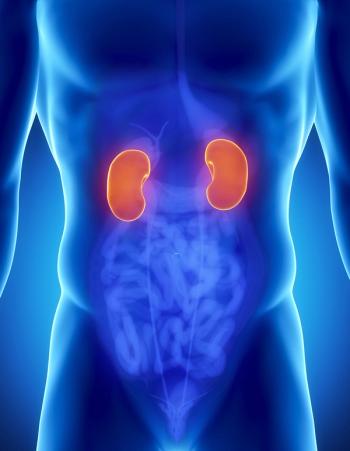
Lenvatinib plus pembrolizumab decreased the risk of disease progression or death on second-line therapy by 50% compared with sunitinib in the phase 3 CLEAR trial.

Induction/consolidation daratumumab, lenalidomide, bortezomib and dexamethasone (RVd) outperformed RVd alone when it came to minimal residual disease and progression-free survival in patients with newly diagnosed, transplant-eligible myeloma.

Pacritinib had a comparable, if not superior, safety profile over best available therapy in patients with myelofibrosis, including those with low platelet counts.
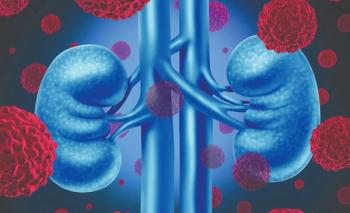
Retrospective trial results inform utility of tivozanib in the real-world treatment of renal cell carcinoma.
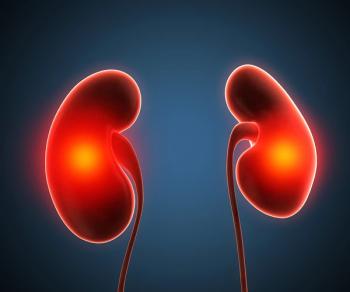
Rates of progression-free survival at 3- and 4-year landmarks significantly improved with tivozanib vs sorafenib for relapsed or refractory RCC.

Using transarterial chemoembolization, lenvatinib, and PD-1 checkpoint blockade in patients with unresectable advanced hepatocellular carcinoma appears to be a safe and effective option.

Prognostic awareness impacted patients quality of life through psychosocial distress and symptoms burden.
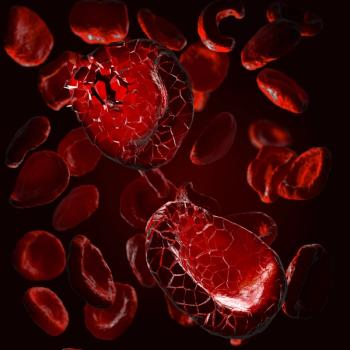
Treatment with naratuximab emtansine and rituximab appeared to be well-tolerated with efficacious responses in a population of patients with B-cell non-Hodgkin lymphomas who were ineligible for stem cell transplant or CAR-T cell therapy.
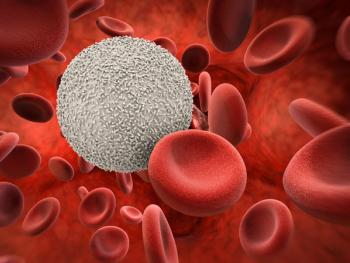
Depression and anxiety notably impact how patients with hematologic malignancies view clinical studies.
![Treatment [vic]-trastuzumab duocarmazine improved progression-free survival for patients with pretreated, metastatic HER2-positive breast cancer when compared with physician’s choice chemotherapy.](https://cdn.sanity.io/images/0vv8moc6/cancernetwork/c8069cc5312a160276910828df1d1258acba2058-4819x3072.jpg?w=350&fit=crop&auto=format)
Treatment [vic]-trastuzumab duocarmazine improved progression-free survival for patients with pretreated, metastatic HER2-positive breast cancer when compared with physician’s choice chemotherapy.

Those with advanced renal cell carcinoma whose disease was previously treated experienced long-lasting and robust overall survival following treatment with cabozantinib.

Published: June 9th 2021 | Updated:

Published: June 5th 2022 | Updated:

Published: June 4th 2022 | Updated:

Published: December 14th 2020 | Updated:

Published: June 7th 2021 | Updated:

Published: June 14th 2021 | Updated: